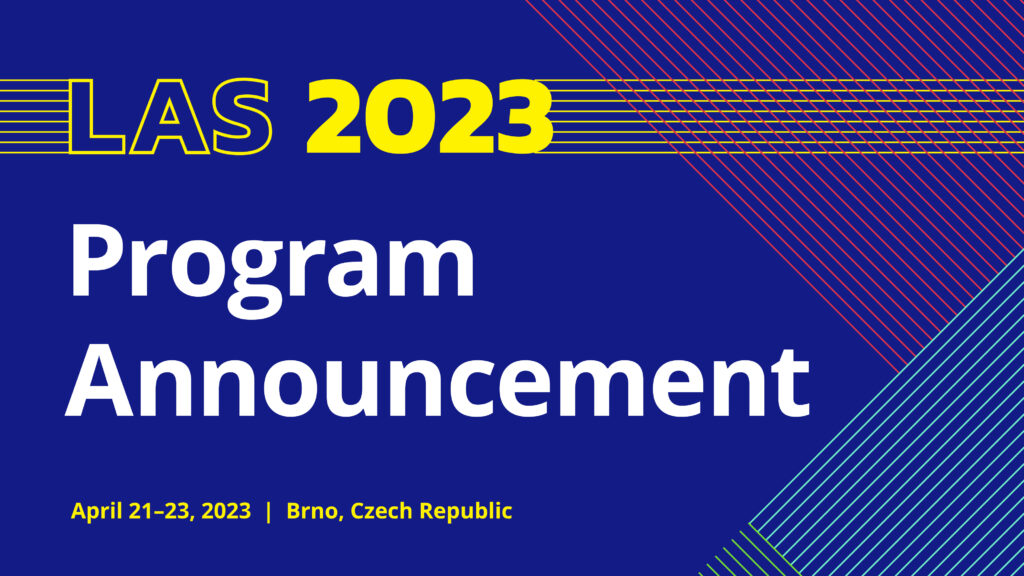What a year, huh? There was something about 2022 that was different for me than the previous years. There were lots of things to celebrate and many to be sad about. This is my GNOME blog, but I am more and more convinced that I can’t separate my whole self from my ~work persona~. Life beyond the computer happens and shapes everything we do.
Putin’s invasion of Ukraine has been in my mind a lot lately. I live relatively close to the conflict here in the Czech Republic, and you might not know, but Ukrainians were already the biggest immigrant community in here. I have many Ukrainians being part of my life and it breaks my heart seeing the pain they are going through. I feel the world has gone numb to the suffering of everyday life people and the conversations have become abstract, touching more on the ideological and political aspect of events than its impact on human life.
Across the Atlantic my people in Brazil have experienced a significant decrease on their life standards and the news of people in my life enduring poverty and disease have kept me awake many nights this year. The sadness morphed into frustration and anger at those that have the means to revert this situation but instead choose to profit from it. Accountability won’t bring back the lives of the almost 1 million Brazilians that have passed in the last couple of years due to the government’s disturbing decision to NOT take action to alleviate the consequences of the pandemic.
But I don’t want to end this post in a sad note. There were plenty of things in my life in 2022 that brought me joy and made me a better person.
The pandemic put lots of things in my life to a hold. I haven’t visited Brazil in 5 years until this summer, where I went there for a couple of weeks to celebrate my thirtieth anniversary with friends and family.
This summer I also went to Mexico to our very first GUADEC in Latin America! This truly made me proud. Being in Mexico felt like being back in Brazil. There were so many cultural and behavioral aspects we could relate, that made me feel like the conversations I had with people I just met over there were as if we were friends for many years already at that point. I loved Mexico and its people, and I am looking forward to be back, visit more, learn more.
This year also taught me important lessons about happiness and contentment. We rethought our entire plan for our farmhouse reconstruction based on our experiences living here for the past two years. The lesson is that happiness is about living on the now, not in the future. Appreciating the things we have, the small everyday life things is what really keeps me going other than chasing the carrot. Lots of the construction space we initially wanted to allocate for comfort is going to be purposed for living. Spaces to work on activities that bring us joy such as gardening, woodworking, and handcrafts. I also learned more about the value of time vs money, and the rewarding feeling of building something on your own for yourself.
I wish you all a great new year and I hope we can be together in more opportunities as the world opens up to traveling again!

